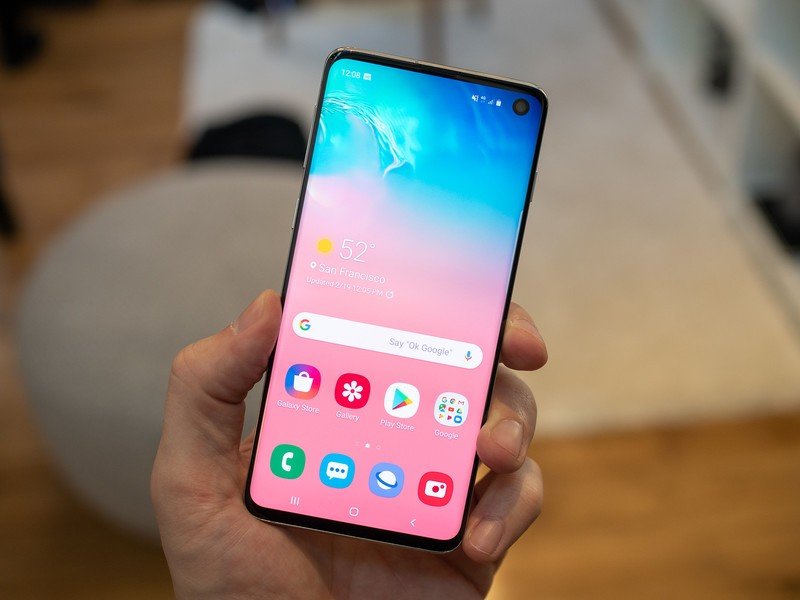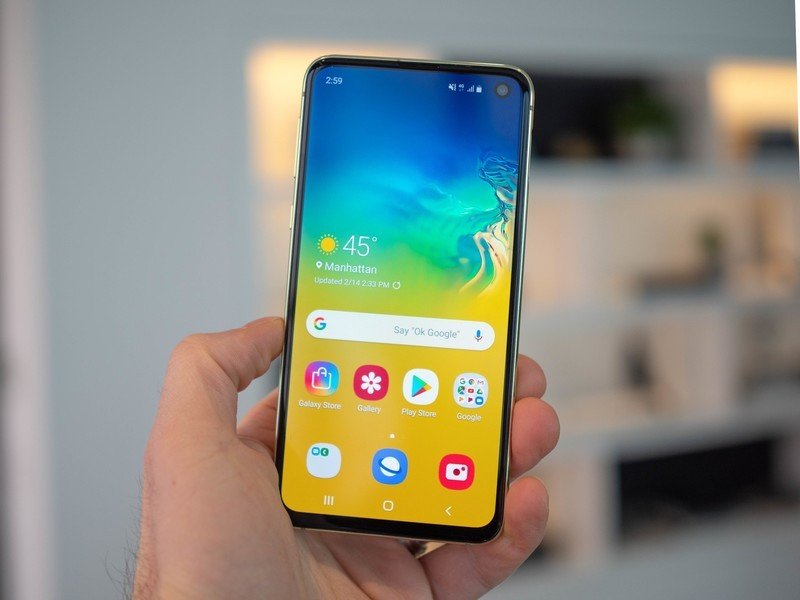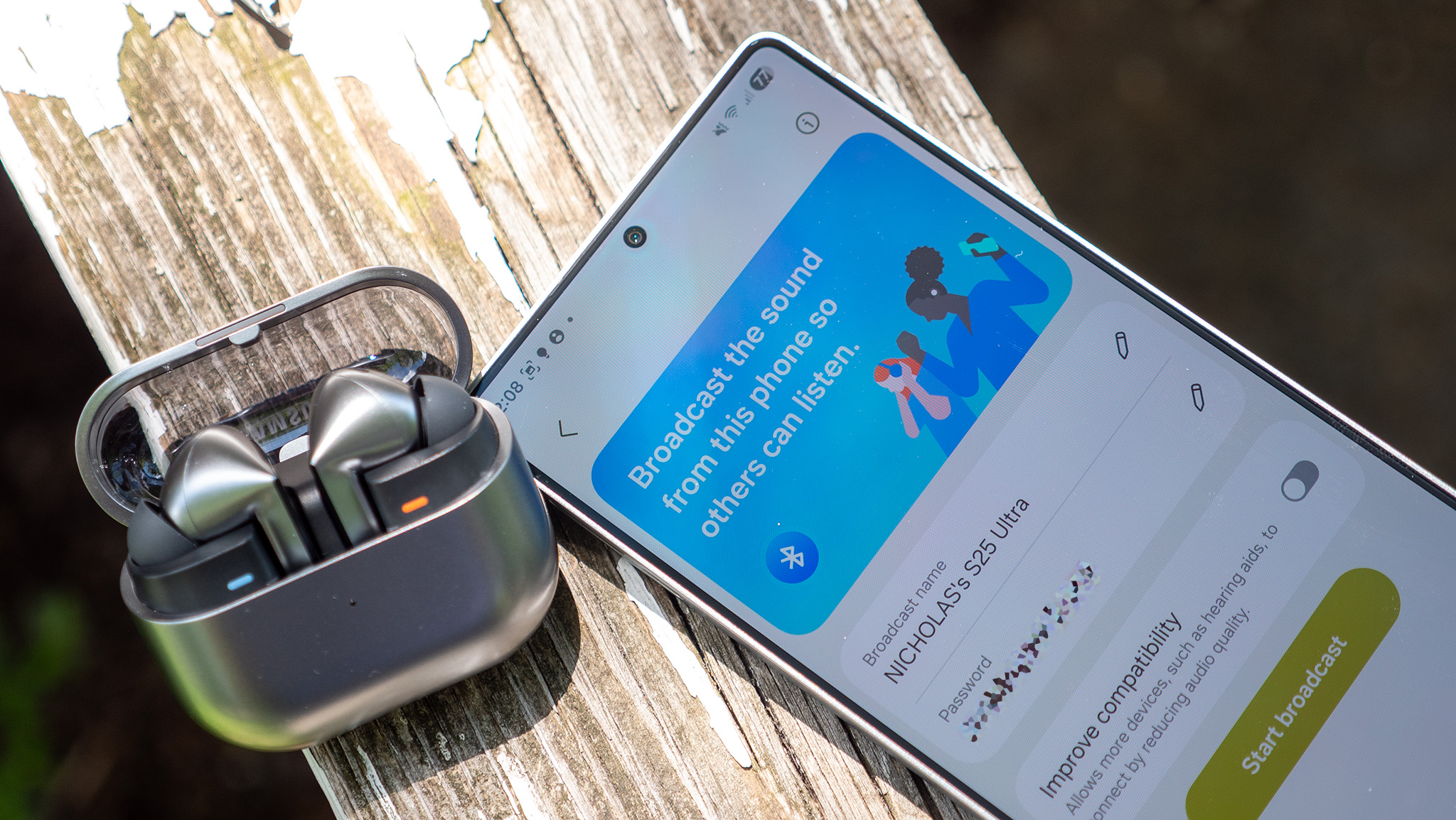Samsung Galaxy S10 vs. Galaxy S10e: Which should you buy?
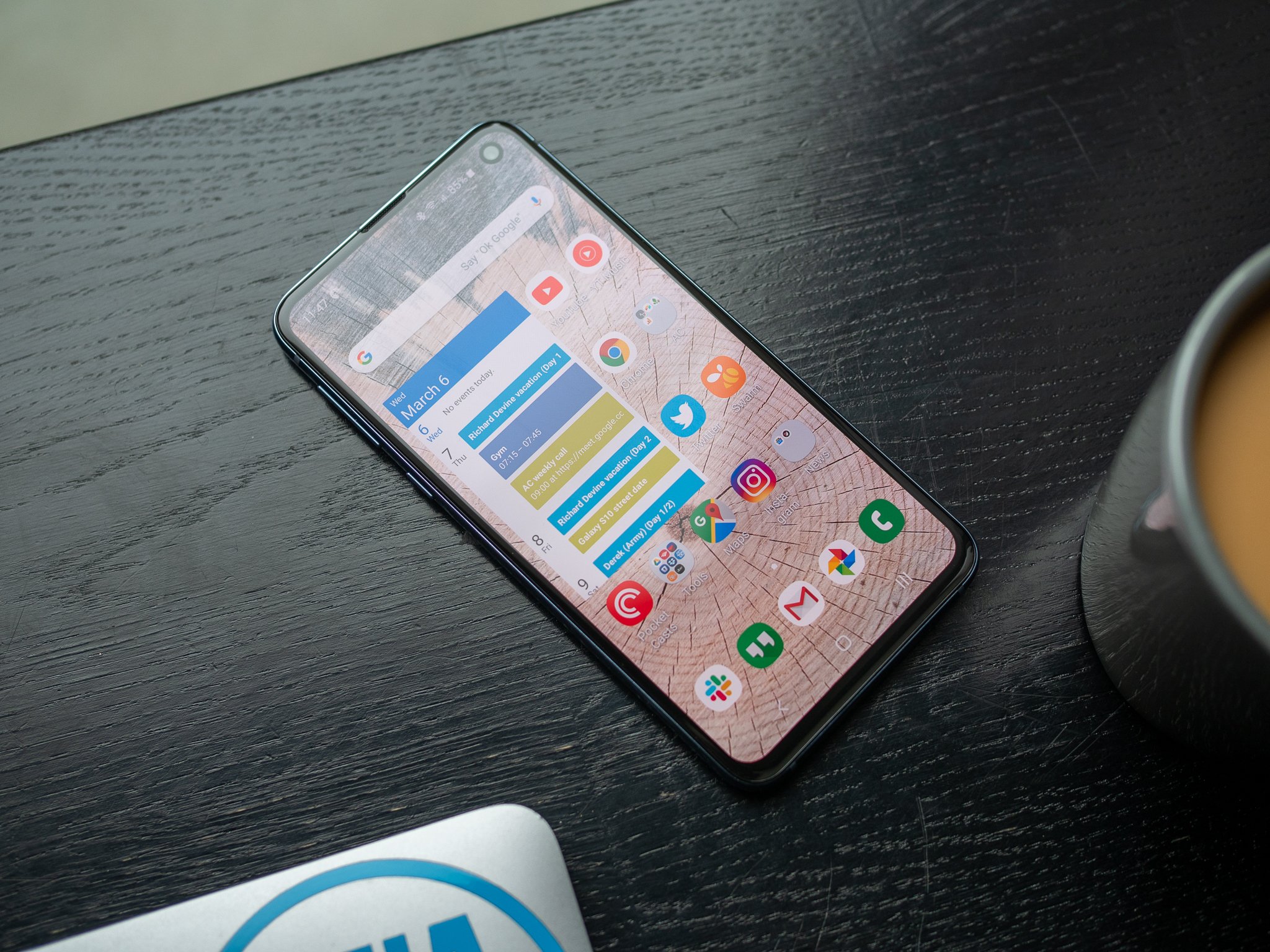
Samsung Galaxy S10

Samsung's outfitted the Galaxy S10 with everything you could ask for in a 2019 flagship. It's got a curved AMOLED display, three rear cameras, in-screen fingerprint sensor, and even staples like expandable storage and a headphone jack.
Samsung Galaxy S10
The true flagship
Samsung Galaxy S10e

If you're OK with having a non-curved display, just two rear cameras, and a side-mounted fingerprint sensor instead of an in-screen one, the S10e is for you. Aside from those few changes, it has pretty much everything that the regular S10 does while costing $150 less.
Samsung Galaxy S10e
Better value
With the Galaxy S10 and S10e, Samsung's crafted two phenomenal handsets that cater to two different customers. If you want a flagship Android phone that pulls out all the stops and delivers the best possible experience, you'll want to splurge for the S10. On the other hand, if you'd like to save some cash and get a device that favors practicality over flashiness, you'll be happier with the S10e.
Two great phones that are more similar than you'd think
Source: Android CentralGalaxy S10 (left) and the Galaxy S10e (right)
This year, Samsung did something different with its Galaxy S lineup. In addition to the base model (the S10) and a larger, more expensive version with slightly better specs (the S10+), we also got a variant that scales back on a few features to come in at a more affordable price. That device is the Galaxy S10e, and when compared to the S10, it's surprising just how much of the flagship experience Samsung was able to retain while lowering the starting price by $150.
First thing's first, let's talk about what the S10 and S10e have in common.
Both phones are powered by Qualcomm's Snapdragon 855 processor, have AMOLED displays, a 10MP front-facing camera, and feature ultra-premium glass and aluminum designs that are available in a few different colors.
Get the latest news from Android Central, your trusted companion in the world of Android
The phones also share expandable storage via a microSD card, a 3.5mm headphone jack, wireless charging, a new feature called Wireless PowerShare that allows the phones to wirelessly charge other Qi-enabled devices, and NFC + MST technology for Samsung Pay.
| Header Cell - Column 0 | Galaxy S10 | Galaxy S10e |
|---|---|---|
| Operating System | Android 10 Samsung One UI | Android 10 Samsung One UI |
| Display | 6.1-inch Quad HD+ Curved Dynamic AMOLED 93.1% screen-to-body ratio 19:9 | 5.8-inch Full HD+ Flat Dynamic AMOLED 91.6% screen-to-body ratio 19:9 |
| Processor | Qualcomm Snapdragon 855 | Qualcomm Snapdragon 855 |
| Rear Camera 1 | 12MP main sensor f/1.5 - f/2.4 Optical image stabilization | 12MP main sensor f/1.5 - f/2.4 Optical image stabilization |
| Rear Camera 2 | 16MP ultra-wide sensor f/2.2 Fixed focus | 16MP ultra-wide sensor f/2.2 Fixed focus |
| Rear Camera 3 | 12MP telephoto sensor f/2.4 Optical image stabilization | N/A |
| Storage | 128GB or 512GB MicroSD card up to 512GB | 128GB or 256GB MicroSD card up to 512GB |
| RAM | 8GB | 6GB 8GB |
| Battery | 3,400 mAh | 3,100 mAh |
| Security | In-display ultrasonic fingerprint sensor | Side-mounted fingerprint sensor |
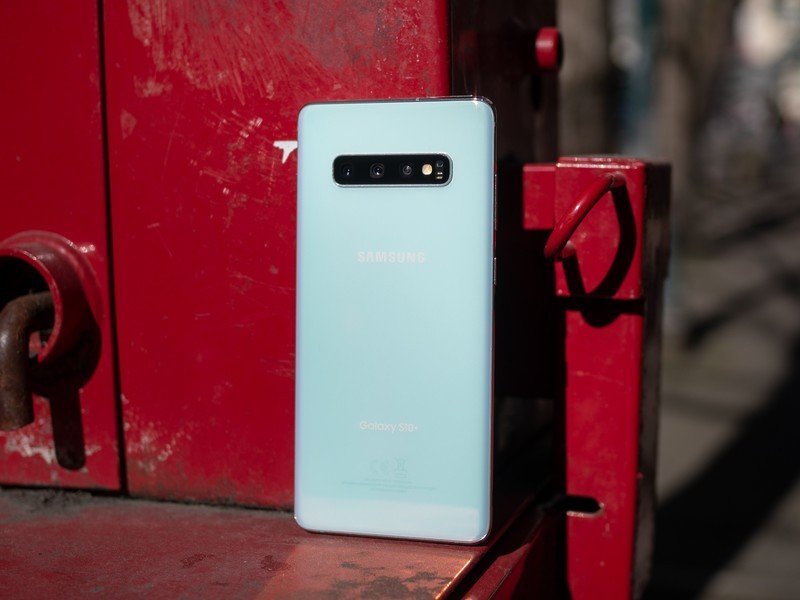
There are obviously a few key differences, but they're not as drastic as you might think.
While both phones have AMOLED displays, the S10's is a curved one with a Quad HD+ resolution. With the S10e, you get a flat screen at a slightly lower Full HD+. Curved displays certainly look cool, but we know a lot of people have been eager for Samsung to start making phones with flat ones. If you're among them, that could be reason enough to go for the S10e over the S10. The downgrade to Full HD+ is disappointing for people that want the most pixels possible, but even so, the S10e's display still looks great for movies, games, and more.
Speaking of displays, the regular S10 does something pretty cool by embedding a fingerprint sensor underneath its screen. It uses Qualcomm's new Ultrasonic Fingerprint Scanner technology that scans and creates a 3D image of your fingerprint. It's a fantastic idea, but in real-world use, it can proven to be a bit annoying. Samsung's issued a few updates since the S10's release to make the fingerprint sensor as good as can be, but compared to traditional sensors, it retains a tendency of feeling slower and less reliable.
Despite the difference in price, the S10e shares a lot of important features and specs with its more expensive sibling.
The Galaxy S10e lacks this tech and instead sees its fingerprint sensor being integrated into the power button. While not as futuristic or flashy, it works as you'd expect and unlocks your home screen and apps in a snappy manner. What more could you ask for?
Another big difference is that the S10 has three rear cameras whereas the S10e has only two. Both phones share the same primary and ultra-wide sensors, but the S10 also features a telephoto lens that allows you to get a 2x optical zoom. This shouldn't be too big of a downgrade for most folks, but if your heart is set on having access to as many cameras as possible, the S10 takes the lead.
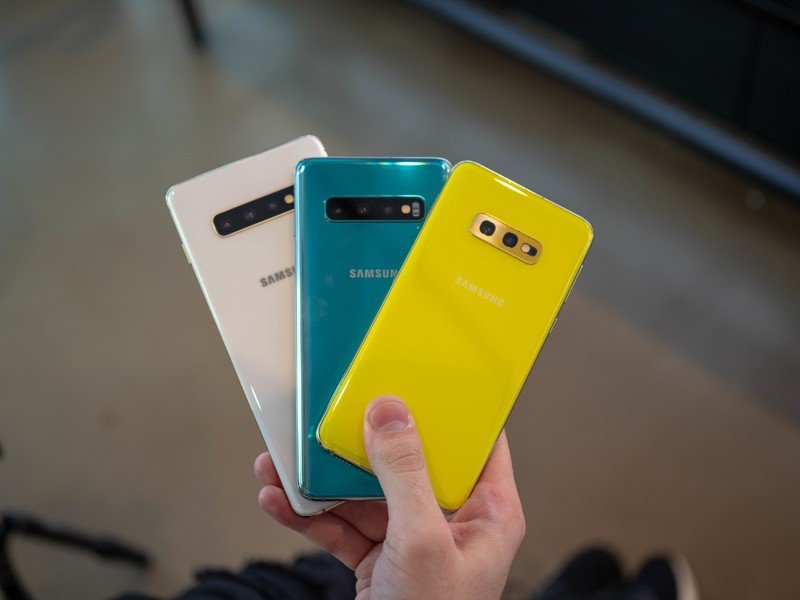
Smaller differences between the two phones include 8GB of RAM on the S10 and a base 6GB on the S10e (though you can get 8GB with the 256GB model), a max of 512GB of internal storage compared to 256GB, and a 3,400 mAh battery on the S10 while the S10e has a slightly smaller 3,100 mAh unit. Both phones have good battery life, enough to get most people comfortably through a full day, but the S10's slightly larger capacity is nice to have during days when you're doing a lot of navigation, gaming, etc.

All the power, style, and features you could ask for.
Yes, it's expensive, but the Galaxy S10 is undoubtedly one of the best Android phones you can buy in 2019. The AMOLED display is better than ever, its three rear cameras offer a lot of flexibility, and the slightly larger battery is great during days of heavy use. If you want a phone that does it all, get the S10.

A cheaper alternative to the regular Galaxy S10.
You may think that the Galaxy S10e cuts a lot of corners to be $150 cheaper than the regular S10, but that simply isn't the case. It's got the same processor, a gorgeous display, and a premium design. So long as you're OK with two rear cameras and a flat display, you can't go wrong here.

Joe Maring was a Senior Editor for Android Central between 2017 and 2021. You can reach him on Twitter at @JoeMaring1.
